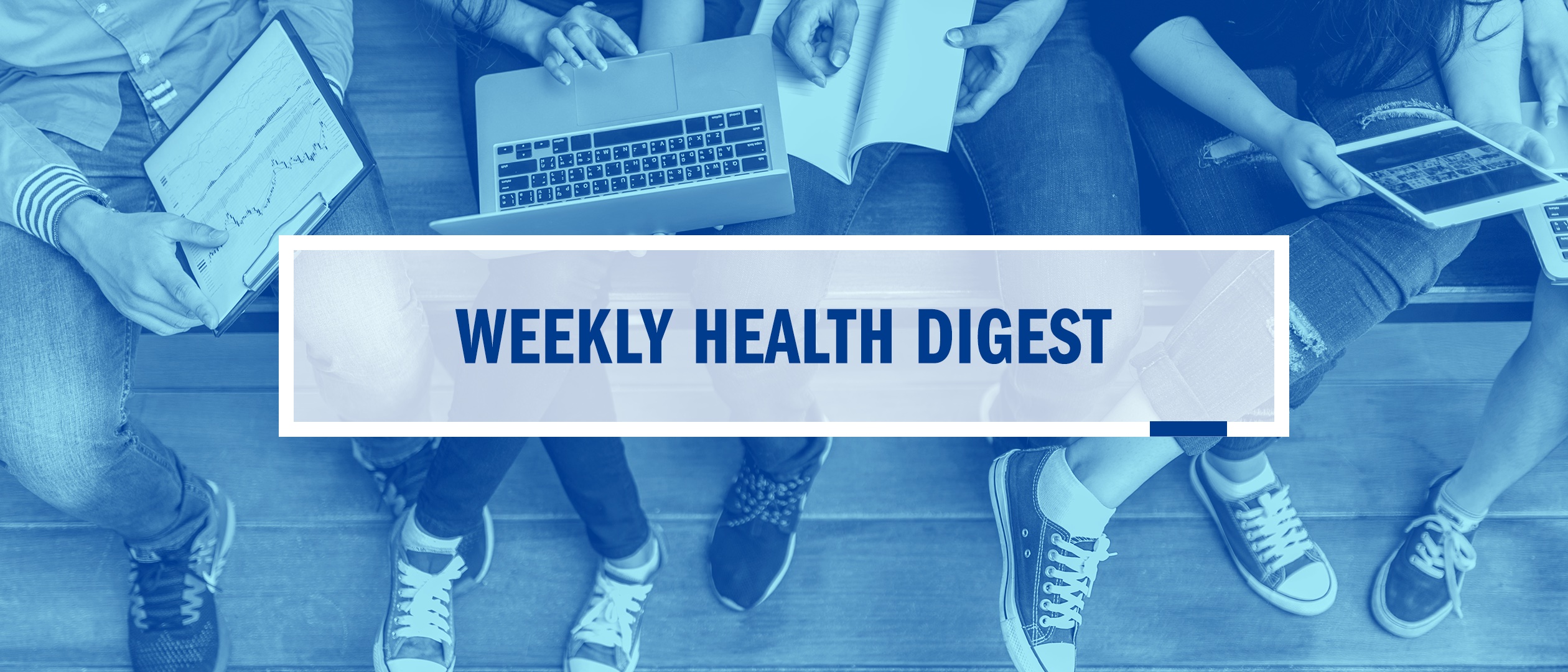News Team member Stephanie Oehler describes how the online "trad-wife" aesthetic fuels the flames of the anti-vaccination movement during the second-largest measles outbreak of the 21st century.
CDC allows second covid booster: Who should get it and when
by Lena H. Sun, The Washington Post
Earlier this week, the CDC updated its guidelines for the COVID-19 vaccine, allowing people aged 65 and older, or who have compromised immune systems, to get an additional dose of the booster. This provides additional protection against the virus to those who need it. The US Food and Drug Administration authorized the additional booster shot for these high-risk groups, and those who are eligible will be able to get the vaccine later this week.
The CDC says monovalent mRNA vaccines–those that protect only against the original strain of the virus–will no longer be recommended in the United States. Instead, officials recommend everyone, regardless of vaccination status, to get an updated vaccine. This updated vaccine, known as the bivalent shot, more closely matches the current strains of the virus. Unvaccinated adults will now only need one shot of this particular vaccine.
For children under six years old, the revisions are slightly different, but the CDC plans to post what this entails in the coming weeks. The new guidelines vary by age, type of vaccine, and their prior vaccination history. If you are 65 years old and received a first bivalent booster at least four months ago, you are eligible to get a second one. According to the CDC, there are about 20 million eligible adults in this age category. Those who are immunocompromised and received a bivalent booster at least two months ago are also eligible for the new shot.
— By Jordyn Rosenberg
Healthcare Leaders Must Come Together to Mitigate ChatGPT Risks, Experts Urge
By Katie Adams, MedCity News
Although the healthcare sector has been historically late to adopting new technologies, chatbots such as Chat-GPT are quickly finding their way into the market. Since its arrival, Chat-GPT has garnered more than 100 million users, the most notable being students in need of writing essays. And while institutions are creating measures to deter the use of the AI service, the healthcare industry has yet to address the risks of the technology.
Uses of ChatGPT in healthcare settings include clinical note taking, confirming diagnoses, and generating hypothetical situations for medical students to learn from. Leaders at a keynote session at the HIMSS conference acknowledged the utility of ChatGPT but cautioned medical personnel to assess whether it can be used in all circumstances.
The most alarming red flag surrounding the chatbot is the actual purpose of the technology. ChatGPT produces content and responses that utilize reasoning and logic. Yet, to the surprise of users everywhere, ChatGPT isn’t designed to prioritize correctness and the truth. Instead, it is meant to sound, above all else, convincing. At the risk of spreading false information and even making incorrect diagnoses, healthcare professionals should proceed with caution when implementing chatbots into their practice,
The apprehension shared by speakers at the HIMSS conference echo the general skepticism of AI as a whole. In an open letter signed by more than 27,500 technological thought leaders, innovators such as Elon Musk have called for the immediate halt of AI systems for at least 6 months, or until safety measures can be put into place. Proceeding with more awareness of the benefits and drawbacks of chatbot technologies will serve the healthcare sector well.
— By Nolan Shah
DACA recipients await Biden rule that would grant them access to affordable healthcare
By Nicole Acevedo and Edwin Flores, NBC News
DACA recipients may soon be included in Medicaid and Affordable Care Act coverage through a new proposed rule under President Biden’s administration. The Centers for Medicare and Medicaid Services at the Department of Health and Human Services intend to amend the definition of “lawful presence” to include DACA recipients in an attempt to increase access to health insurance.
Currently, many DACA recipients do not have access to affordable healthcare, with approximately 34% of recipients lacking health insurance coverage. They must rely on local clinics and emergency rooms for all medical needs. This increases the risk of recipients not receiving specialized care nor attending to health issues in a timely manner because they simply lack the resources and funds to do so.
DACA is beneficial in aiding young immigrants in finding jobs and educational programs, but these opportunities do not always include access to healthcare benefits. Even when they do, lay-offs become even more threatening for DACA recipients because in addition to losing a job, recipients will completely lose access to health insurance coverage as well. Additionally, many universities require students to provide proof of health insurance, yet the plans cover very little and are expensive. As a result, DACA recipients end up paying both for their insurance and for many out of pocket costs.
With this new rule, DACA recipients would have access to federally funded health insurance, and recipients say they would most definitely take advantage of this change.
— By Rebecca Sugerman
Items contributed by: Jordyn Rosenberg, Nolan Shan and Rebecca Sugerman

